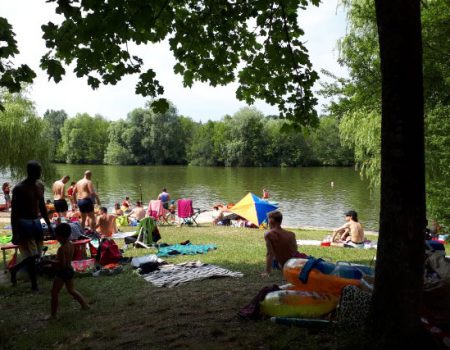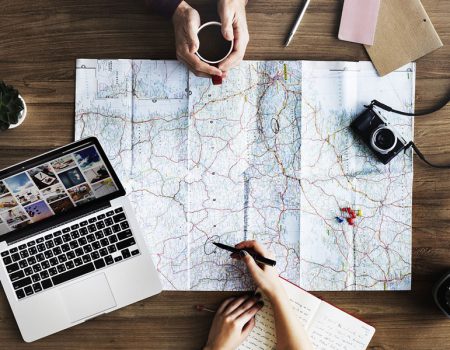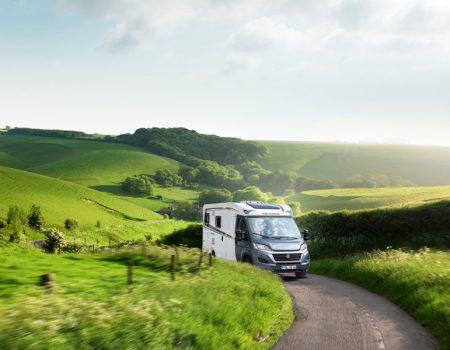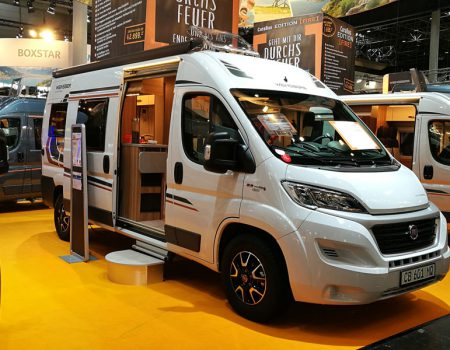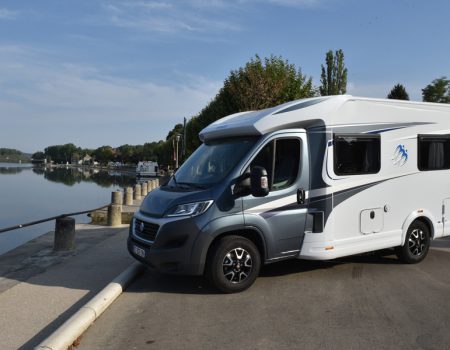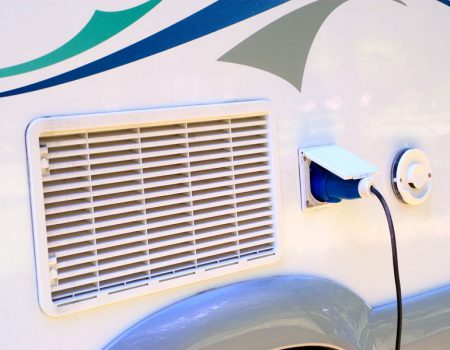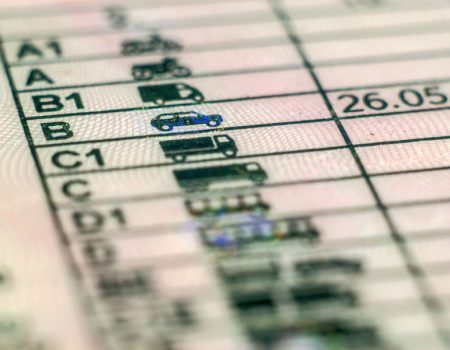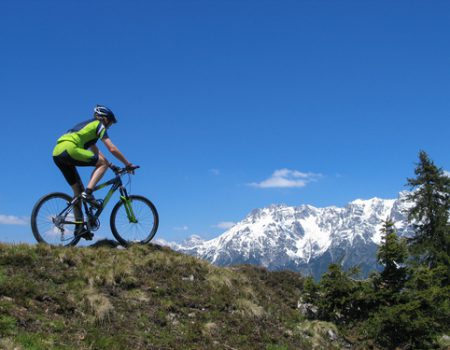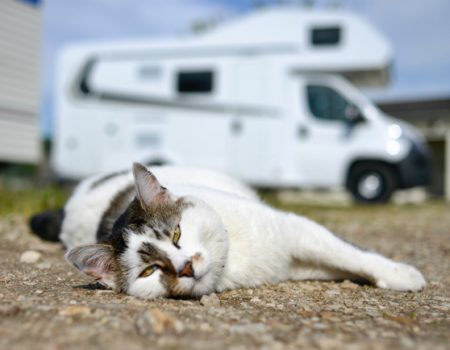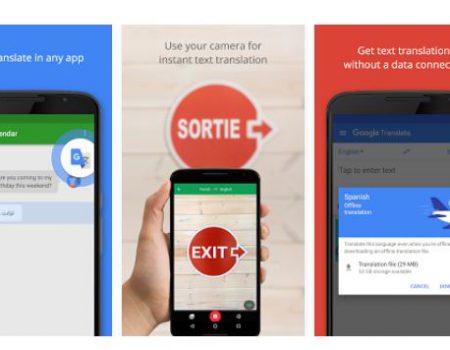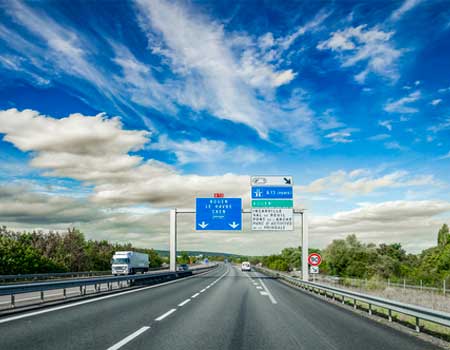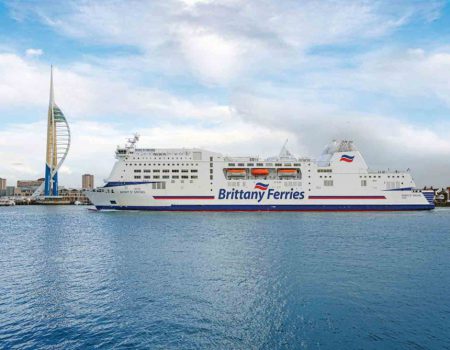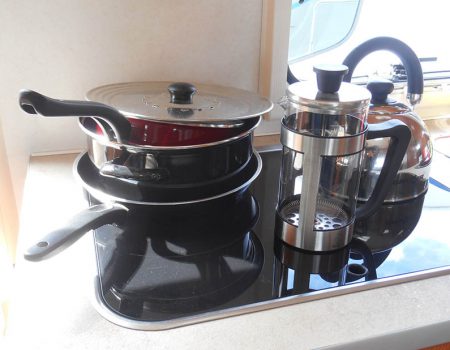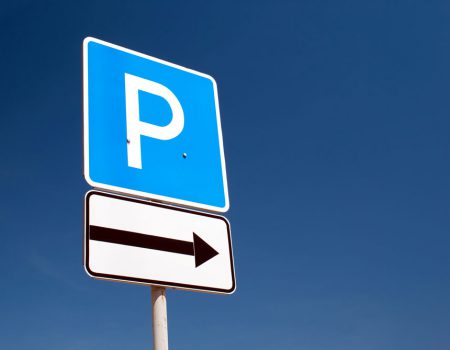Is there a minimum or maximum period of hire?
What type of insurance is the motorhome covered by?
All of our vehicles are covered by fully comprehensive insurance and roadside breakdown assistance. As with all hire vehicle insurance, the fully comprehensive policy contains excesses (sums which are not covered by the policy in certain circumstances). You can purchase additional cover to reduce this excess (also known as “CDW”) at the time of booking or when you arrive at the depot. For detailed information on our CDW options, please refer to our Terms and Conditions.
How can I check availability and make a booking?
Simply add your dates/group size above and submit a quote request or booking request by following the online instructions. We always respond to requests by close of the next working day. We will respond to quote requests by e-mail showing suitable, available vehicle choices with prices and links to book. If you submit a booking request we will simply check availability and confirm your booking if we have the requested vehicle. If your chosen vehicle is not available we will let you know the options (we will only process your booking deposit if we have the exact vehicle you have requested).
How do I calculate the cost of renting a motorhome?
When and how do I pay for the motorhome?
A non-refundable booking deposit of 30% is required upon confirmation of your booking. The balance is payable 45 days prior to departure. In the event that you place your booking less than 45 days prior to departure, the hire price must be paid in full on booking. We accept payment by any card with a Mastercard or Visa symbol.
How do I get to the rental location?
Can I leave my car at the hire depot?
Can I collect the motorhome from any other location?
Can I take the motorhome to other countries or do I have stay within France?
Our motorhomes can be taken to any current European Union Member Country and Switzerland, where they remain covered by our insurance and by our roadside assistance policy. It may be possible to take them to non-member countries but we would need to consult our insurers so let us know where you would like to go and we will check it out for you prior to accepting your booking.
Do you offer one way hires?
When can I pick up the vehicle?
Is luggage storage available at the location?
What kind of instruction will I be given about the vehicles, their appliances, and how to use them?
Are there grocery and other stores near the rental depot?
Are pets allowed in the motorhomes?
Can I smoke in the motorhomes?
What type of driving licence do I need to drive the motorhomes?
Anyone who is going to drive the vehicle must have a licence to drive a vehicle up to 3.5 tons, with a manual transmission which must be valid for use in France (licences from some non-EU countries only allow you to drive vehicles up to 3 tons). All documents must be valid for the duration of your hire and scans, photocopies or faxes will not be accepted.
You may also need an International Drivers Permit if your licence is from outside the EU (the easiest way to check this is with your local French Embassy or in the foreign travel section of your own government web site).
If you are bringing an International Driver’s Permit, you must still bring your regular/domestic licence with you too as an International drivers Permit is not valid without it.
What identification must I provide at the hire depot prior to handover of the vehicle?
Are there any age restrictions for driving a motorhome?
Are motorhomes hard to drive?
Our motorhomes are based on modern, powerful vehicles so are no more difficult to drive than a medium sized modern van. They are Left Hand Drive, have manual transmission, power steering, ABS brakes, driver/passenger airbags, electric windows and powerful demist/air conditioning systems. They also have larger mirrors to allow the driver to see clearly down the sides of the vehicle.Therefore, any driver who is comfortable with a normal car should be able to drive a motorhome without problem. However, motorhomes of course, have a larger “body” than a car so extra care must be taken when manoeuvring in tight spaces, parking or in heavy traffic. Once on the open road, you will quickly find that the motorhome handles very much like a car. During the check-out process, a member staff will explain all the controls of the vehicle to you in as much detail as you wish and you can take as much time to become familiar with your vehicle as you feel you need.
How does the electrical system work?
There are two types of electrical power available in our motorhomes:
Battery power: All the systems on board (hot/cold water, lighting, fridge, heating) will work whilst the engine is running and will continue to work for sometime after the engine has been switched off. How long they will continue to work for depends upon how much power you use from the batteries but as a rule, all systems will continue to work for up to 3 days before needing to recharge the batteries. Recharging the batteries can be done by running the engine (for approximately 1 hour after a 3 day period) or by connecting the mains power lead.
Mains power: The systems on board will work indefinitely whenever there is a Mains Power lead connected to the motorhome. This lead will continuously top-up the battery charge level and give you 220v sockets inside the motorhome (to run small appliances such as hair dryers, phone chargers etc).
Gas and other power: The number of appliances that work on gas varies from vehicle to vehicle, all have gas hobs. Some have gas fridges, heating and hot water boilers too whilst others might include diesel heating and solar power.
By carefully managing which power source you use, it is possible to treat a motorhome just like home – the systems are easy to understand and are fully explained during the vehicle handover.
Are there 220v sockets available in the motorhome?
What fuel consumption can I expect from the motorhome?
All the motorhomes in our fleet are based on modern van chassis with powerful, responsive diesel engines. Economy will rely to a certain extent on driving style and road conditions but you should expect to achieve around 30mpg/10 kms per litre.
What type of fuel does a motorhome use?
All of our motorhomes are powered by Diesel engines. One litre of diesel currently costs around €1.05 in France (December 2015).
Do you have motorhomes with automatic transmission?
What equipment does the motorhome have and what is included in the price?
Our motorhomes are equipped with:
- Bedding and towels for all members of the hire party including duvets and duvet covers, sheets, pillows and pillowcases, mattress covers, towels and tea towels.
- Hairdryer
- Propane gas bottle
- Starter pack of toilet chemicals
- Safety equipment including warning triangle, high vis jacket, fire extinguisher, user manual
- 1 water hose
- 1 electric cord + European adapter
- Levelling blocks
- 1 broom + dustpan & brush
- Guide to camp sites, motorhome halts, servicing points of France and free membership of France Passion (providing interesting free places to stay in a motorhome/campervan across France).
- Outdoor table and chairs
- Bicycle rack (carries two bikes with a max weight of 30kgs except six-berth vehicles which carry four bikes with a max weight of 60kgs)
- Crockery, cutlery and glassware
- Saucepans, frying pan, cooking utensil kit, kettle, cafetiére
Can small children travel in the motorhome?
Where can I stay in the motorhome?
There are almost 11,000 campsites in France which are to be found around major cities, in rural areas, and always near popular attractions. We also provide a guides to motorhome halts/servicing points and offer free membership to “France Passion” (where you can stay for free for up to 24hrs in locations such as vineyards, chateaux and private estates).
France extends a warm welcome to motorhome travellers with many towns and smaller villages offering “Aire de Service” – dedicated service areas for motorhomes where you can empty waste water and refill fresh water tanks for free. Many also offer very low price or free overnight halts – mostly in pleasant surroundings. All of these areas are well signposted and to help further, each of our vehicles has a guide to help find them. For those who prefer to stay in total isolation, France offers a wealth of opportunity. There are only a few areas where “camping sauvage” (or wilderness camping) is prohibited and one of the greatest joys of a motorhome holiday is that you can break your journey whenever or wherever you wish (parking restrictions for motorhomes are usually well signed so it is easy to avoid being asked to move once settled for the night).Staying on official campsites offers a greater level of facilities, amenities and security so the choice is truly yours.
What facilities will I find at campsites?
How much can I expect to pay per night for a campsite?
Is it necessary to make reservations for campsites?
Do you provide any campsite or service area guides or maps?
Is it possible to camp in the wild?
Do I need to have a GPS in France?
Are the motorhomes suitable for winter hire?
Our motorhomes are very suited to winter hire as they are extremely comfortable and easy/ economical to heat with ducted central heating. However, we do not allow our motorhomes to be used in the mountains or ski resorts between November to April due to the very extreme temperatures and conditions that can prevail. For all normal winter touring they are ideal and we have many satisfied customers who prefer the peace and quiet that a winter hire can offer.

